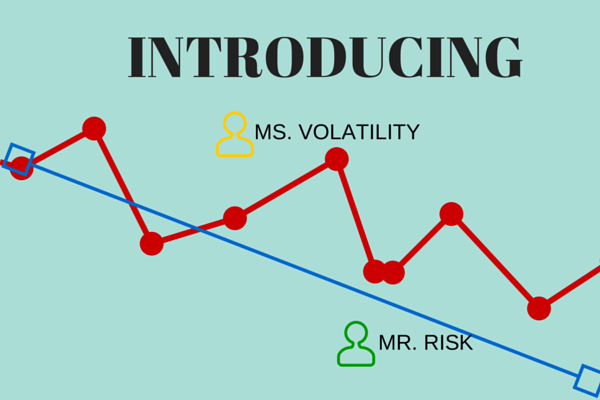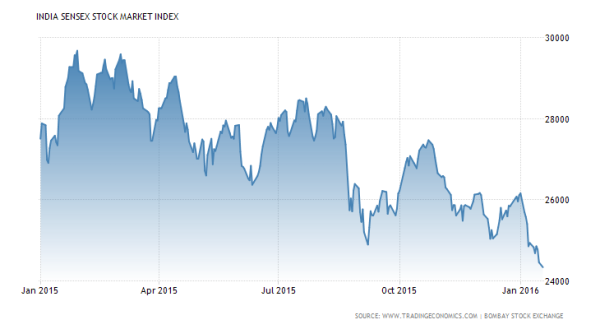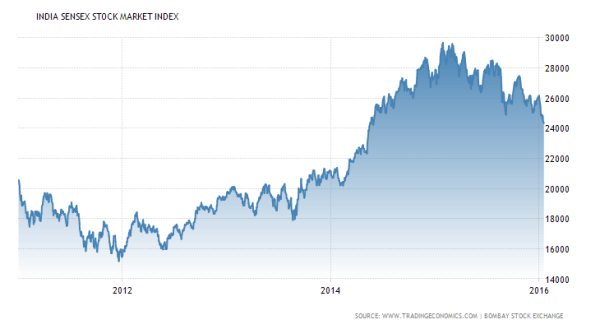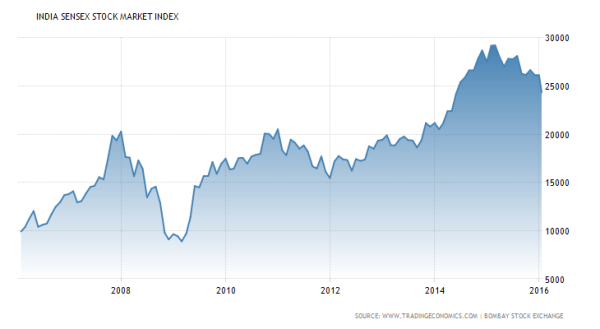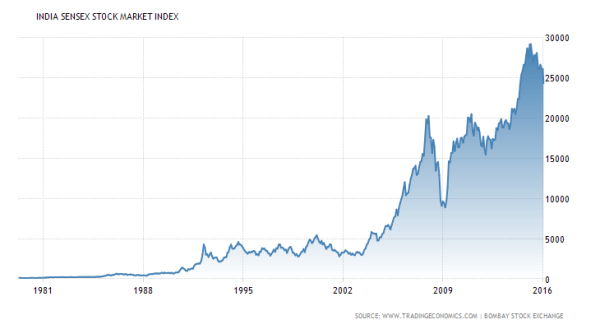“The markets are so volatile. Isn’t it risky to invest now?”
If you are an investor in stocks or mutual funds, this is a likely thought that must have crossed your mind recently.
Let me ask you, “What’s actually worrying you – the volatility or the risk?”
If this has got you to wonder as to which of the two, risk and volatility, is your real concern, then this post is for you. Let’s understand them better.
Reintroducing Risk and Volatility
With respect to investments, risk is the chance that you may lose some or all of your investment amount permanently.
A couple of examples:
- You loan money to your friend and the chance that you will get it back is 50%. That is risk.
- You invest in a startup knowing fully well that only 1 out of 30 startups survive. That is risk.
Let’s talk about volatility.
Almost a 100 years ago, when J P Morgan, the famous American Financier was asked “what the stock market will do?”. His response was,“It will fluctuate”.
As you can see, not much has changed in a century. It still fluctuates. The fluctuation is the volatility.
Let’s look at the movements of the market through the following charts of the BSE Sensex, the bellweather index of the Bombay Stock Exchange.
The charts are for 1 year, 5 years, 10 years and since the beginning of the index.
As you can see, the volatility has always been present, across periods. In shorter periods say 1 year, the volatility appears much more pronounced. Over longer time frames (5, 10 or more years), it has less of a role to play.
Volatility is the moodiness of the market, sometimes feeling optimistic and sometimes very pessimistic. In contrast, risk is more or less established.
You know that Bank Fixed Deposits are not risky, that you will get your invested amount back along with the promised interest. PSU Bonds such as those from NHAI or REC also are in the similar bracket.
With equity, there is volatility, as we saw above, but if you stay invested for long, the risk can literally disappear. It is fairly established that if you stay invested for 7 to 10 years or more, the chance that you will lose money, is close to zero.
Having said that, not all risks are accompanied by volatility. You can loan money to a friend or colleague, who may never give it back. There is no volatility but there is a risk.
So, what should you do with risk and volatility around?
For a long term investor, Mr Risk and Ms Volatility are your friends. Learn to ride the volatile times and you are likely to grow your wealth multiple times and meet your financial goals.
Having said that, set aside enough money, to meet short term emergency needs, in a Bank FD or a liquid mutual fund. Any money that you need in the short term should NOT be subject to risk (permanent loss of value) or volatility (temporary loss of value).
For a time horizon of upto 3 years, don’t even think about equities.
“So, what you are saying is that if I have plans to invest for a long time, I can go for equities. This volatility should not really concern me.”
Bravo! You got it.
In fact, keep accumulating equities over time. That also means that if you have current equity investments going on such as SIPs in mutual fund schemes, let them continue.
Keep going.
Between you and me: What are you more concerned about – risk or volatility? How have you used risk and volatility to your advantage? Do share your experience, thoughts and feedback in the comments.
